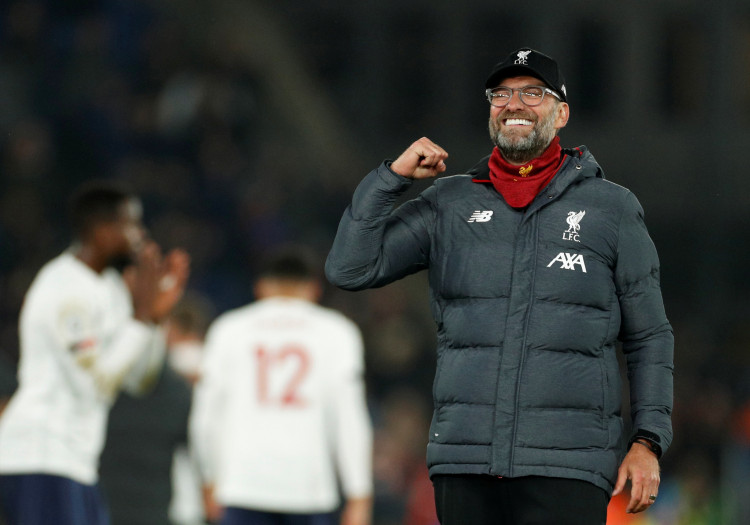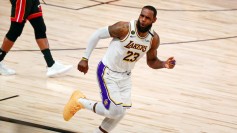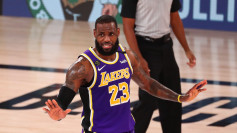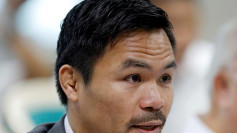Jürgen Klopp, has announced his decision to step down at the conclusion of the current season. This decision, initially communicated to the club in November, marks the end of an era for Liverpool, prompting the club to embark on a search for a successor to helm the team starting from the 2024/2025 season.
Klopp, who assumed the managerial role at Liverpool in October 2015, has been instrumental in revitalizing the club's fortunes. Under his guidance, Liverpool clinched its first league title in three decades in 2020 and secured a UEFA Champions League victory in the preceding season. Klopp's tenure at Anfield has been marked by additional triumphs, including victories in the FA Cup, Carabao Cup, FIFA Club World Cup, and UEFA Super Cup, cementing his legacy as a transformative figure in the club's history.
Addressing the media on Friday, Klopp expressed his love for the club and the profound reasons behind his departure. "I love absolutely everything about this club. But that I still take this decision shows you that I am convinced it is the one I have to take," Klopp remarked, shedding light on the personal toll of the demanding role. He further elucidated, "It is that I am running out of energy. I know that I cannot do the job again and again and again and again."
Klopp's candid admission of exhaustion underscores the relentless pressures and expectations placed on top-tier football managers. His decision to take a sabbatical from football management, potentially extending to a permanent retirement, opens a conversation about the sustainability of such high-stakes roles and the toll they exact on personal well-being.
As Klopp prepares for his final months with Liverpool, the club currently stands in a strong position, leading the Premier League and competing in various cup competitions. This pivotal moment in Liverpool's history not only signifies a potential end to a successful chapter but also sets the stage for a galvanized effort from players and supporters to conclude Klopp's tenure on a triumphant note.
Speculation about Klopp's successor has already begun, with former Liverpool midfielder and current Bayer Leverkusen manager, Xabi Alonso, emerging as a potential candidate. Alonso's strong connection to Liverpool and his current success in the Bundesliga make him a compelling choice. However, Alonso's recent comments indicate a commitment to his role at Leverkusen, leaving Liverpool's future managerial prospects open to further speculation.
The impending departure of Klopp, along with his assistants Pep Lijnders, Peter Krawietz, and other key staff members, signifies a period of transition for Liverpool. The task of filling the void left by such influential figures will be formidable, with the club's leadership facing the challenge of maintaining continuity while ushering in a new era.
As the football world watches closely, Liverpool's next steps will be critical in shaping the future of this storied club. The legacy left by Klopp will undoubtedly influence the club's direction, with the hope that his successor can build upon the foundations laid during his transformative tenure.




